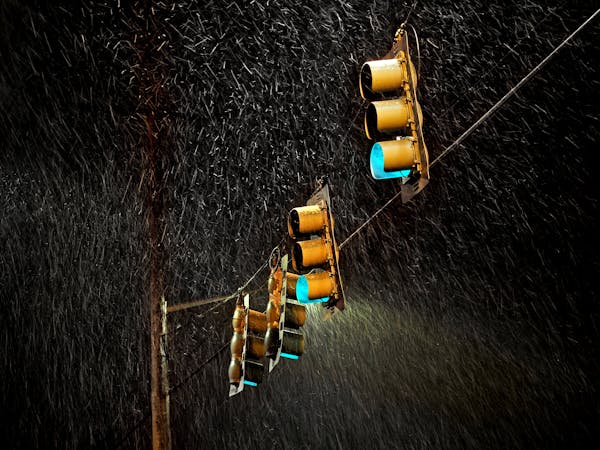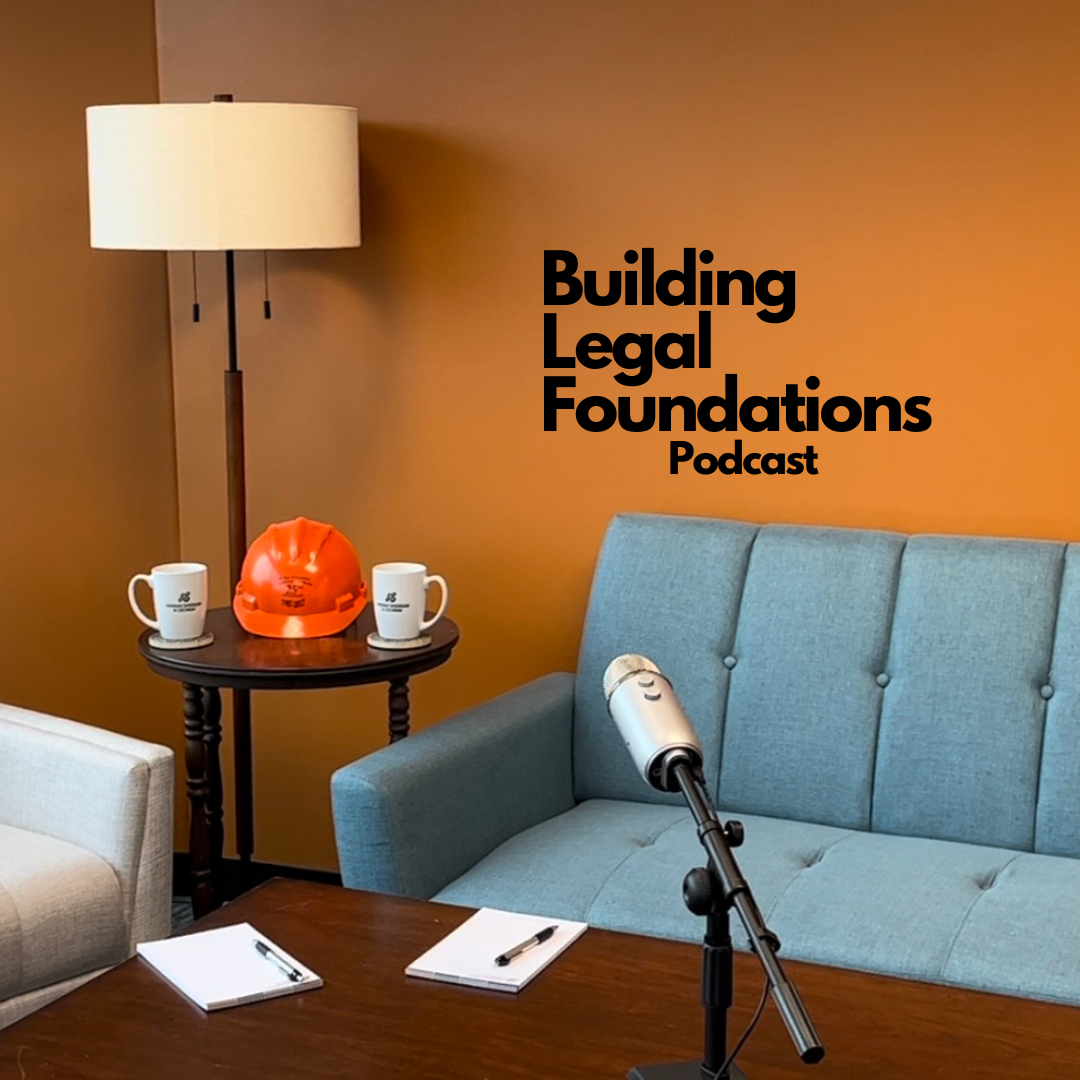Hannah Sheridan & Cochran's own podcast, previously available via Spotify, is now available to listen…

BEWARE OF STORM CHASERS
In times like these, there are two identifiable groups of tradesmen that arrive in the strife torn areas of our state. One group comes to do good work, pay for their materials and equipment, and make life better for those suffering the ravages of a natural disaster. The other group arrives seeking to do insurance work using whatever labor they can find, and open accounts with suppliers with little or no intent of paying according to the terms of the account.
In over roughly 28 years of representing construction material suppliers in North Carolina, the cycle of destruction and repairs has occurred many times. We have learned to count on an uptick in business in the six months to a year after a natural disaster. So, how can suppliers do the work they exist to do, support their communities, and still protect themselves?
- Make certain that a credit application is fully completed, then verify as much of the information as possible. Seek a personal guarantor if your homework suggests that it is warranted, then check the guarantor’s information. For out of state tradespeople, check with suppliers from their home state who the tradesperson uses as a reference. Whatever you can do within the confines of federal and state credit laws, do your homework.
- Utilize the pre-notices available. Recognizing that North Carolina’s pre-notice statutes are weak, do your best to know where the project(s) are and who the owner or insurer is.
- Even for your local tradespeople, beware of allowing them to grossly exceed their normal credit limit. Know how you are going to get paid.
- For trades involved in infrastructure repairs and rebuilds, understand that emergency contracts generally do not require payment and performance bonds. Permanent repairs, where there is more time to select the contractors and subcontractors will. However, consider sending a Notice of Public Subcontract to the contractor on a public project simply as a means of introducing your company and opening lines of communication.
The key to protecting your company in these trying times is maintaining your best credit and business practices to the greatest extent possible and keeping a close eye on the account balances for out of state tradespeople, and your marginal regular customers.
If you have any questions, please contact any of our attorneys.


